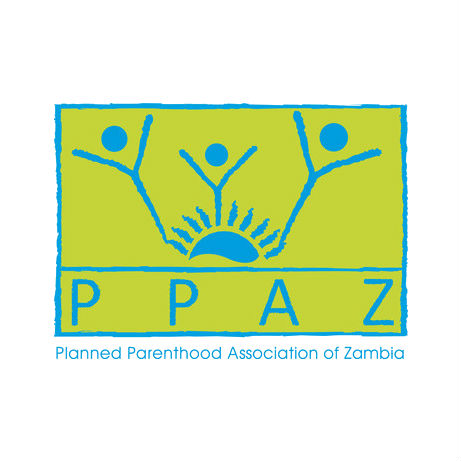

| 31 March 2016
Family Health Association of Korea
Family Health Association of Korea formerly Korean Family Planning; Maternal and Child Health Association (KFP&MCHA) was established in 1990 in Pyongyang as a non-profit organization that provides sexual and reproductive health (SRH) services including family planning (FP). FHAK joined IPPF as an associate member on June 22nd, 1991 and gained full membership in November 1995. We are committed to providing SRH services including modern FP methods as well as SRH information through information, education and communications materials to the population in rural and mountainous areas. Every year, FHAK delivers around 410,000 sexual and reproductive health services to 114,000 clients through 257 service delivery points, including 9 permanent clinics and 8 mobile facilities and 240 associated health facilities (AHFs).

| 31 March 2016
Planned Parenthood Association of Zambia
The Planned Parenthood Association of Zambia (PPAZ) was created in 1972. Then, it was dedicated to the promotion of family planning services. Over the years, it has evolved into a major service provider and advocacy body, with significant input into government policy on sexual and reproductive health (SRH) issues. Services offered include family planning, voluntary counselling and testing (VCT) for HIV, the treatment of sexually transmitted infections (STIs), antenatal and post-natal care, emergency contraceptive provision, laboratory tests, and screening. PPAZ refers clients on for additional services including prevention of mother-to-child transmission (PMTCT), antiretroviral treatment and home-based care. The organization operates 3 static clinics, 11 mobile units and 10 community-based services (CBSs). It has a full-time staff of 34, backed by 1,300 volunteers which include over 200 community-based distributors (CBDs) and 398 peer educators. In total, PPAZ runs 229 service points. PPAZ places a strong emphasis on HIV and AIDS prevention and treatment: as the statistics show, HIV prevalence rates are exceptionally high in Zambia. PPAZ has worked intensively on integrating gender and empowerment perspectives into HIV prevention. It has undertaken behaviour change communication projects directed at young people, both in and out of school settings, and it’s taken similar projects out to rural communities. PPAZ partners extensively with non-governmental organizations (NGOs), particularly those involved in youth and HIV and AIDS work. It receives financial support from Care international, UNICEF, the Japanese Organisation for Cooperation in Family Planning (JOICEP), Forum RFSU and IPPF’s Japan Trust Fund.







